For Citizens
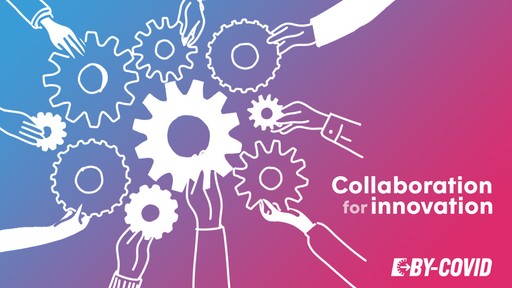
During a public health emergency like the COVID-19 pandemic, it is essential that experts, from both academia and industry, unite for the common good even if their interests differ.
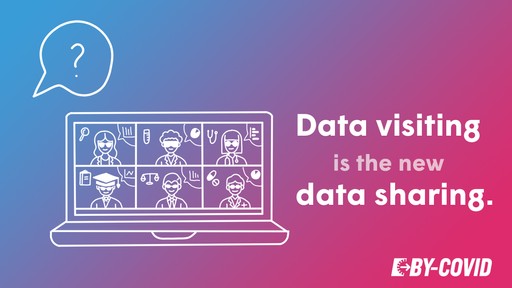
During the COVID-19 pandemic, online meetings became part of working life for many people. We stayed safely at home and just like any other meeting, we shared ideas to move our projects forward.
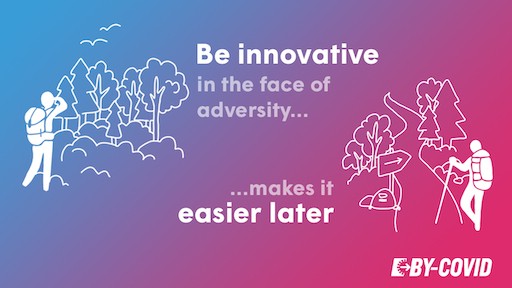
The Covid-19 pandemic has upset our lives, but it has also transformed the world of research. Scientists from all over the world came together to understand the disease and develop treatments and vaccines as quickly as possible. But what happens to these advances once the crisis is over?
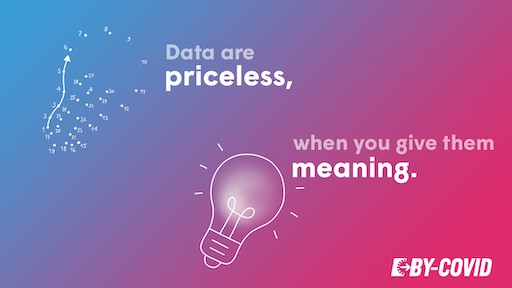
Data are generated all over the world to help respond to pandemics and infectious disease outbreaks. However, each isolated piece of data has limited value unless it can be linked with related data and made available in a meaningful way.
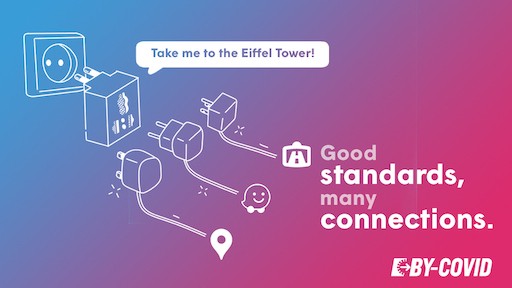
When we travel abroad we may have trouble charging our phone. Without the correct adapter, it is not possible to connect our devices and we will quickly run out of power.
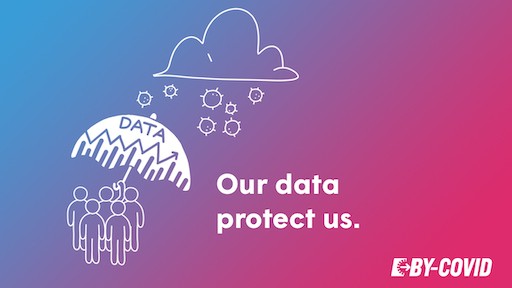
Throughout vaccine development and rollout, an array of data, from experiments in the lab to clinical trials to post-licence monitoring, helps make vaccines as effective and safe as possible.
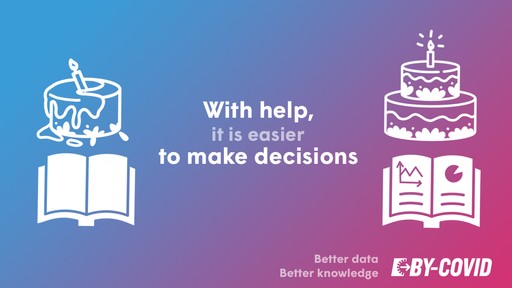
If you want to make a great birthday cake you need fresh ingredients and a good recipe to combine them. Without one or the other the cake is doomed.
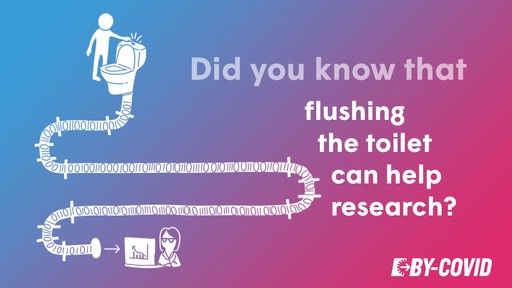
Did you know that flushing your toilet might contribute data for research? Wastewater from toilets has been used as a valuable tool for detecting disease hotspots in the COVID-19 pandemic.
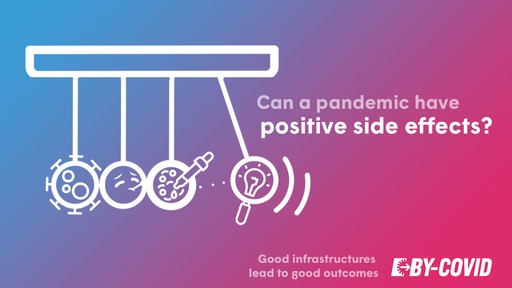
Have you ever been looking for something specific in a messy room and stumbled upon something unexpected? This is a common phenomenon in the world of research, where some studies carried out for a specific purpose turn out to be useful for something else.
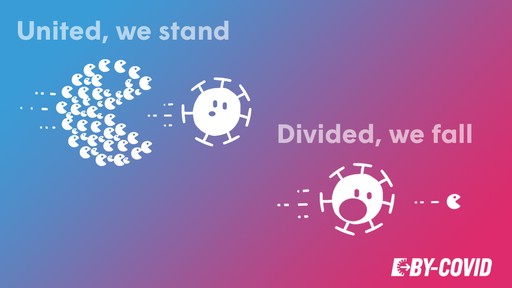
It can be difficult for a small fish to survive alone, swimming in an ocean of predators. Many species of fish have found a way to stay safe:the school of fish.